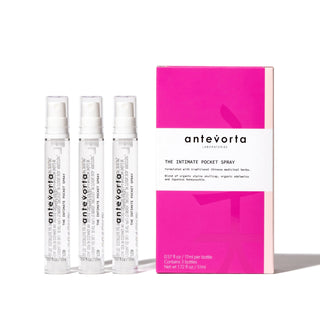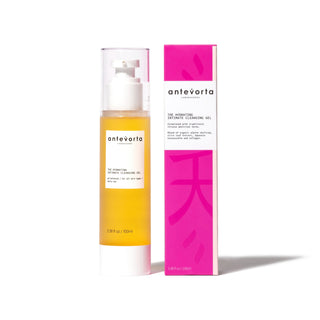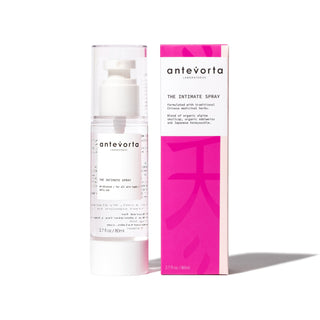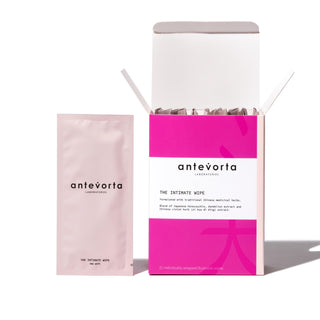In the West, tampons are seen as the norm — sleek, discreet, “modern.” But ask your average Chinese woman if she uses one, and she might cringe, shake her head, or say, “That’s not for me.”
It’s not just about culture. It’s about qi, flow, and honoring the body’s natural rhythm — all core principles of Traditional Chinese Medicine (TCM).
Tampons block the flow — literally
In TCM, menstruation is your body’s monthly detox. Blood, fluids, and stagnant Qi are released to keep your system in balance. When you insert a tampon, you’re stopping that release. The flow becomes interrupted, trapped, or even pushed back in — which can create stagnation.
And stagnation? That’s a recipe for cramps, clots, bloating, mood swings, and more. TCM views this as blocking your body’s chance to cleanse itself — which is the exact opposite of what your period is meant to do.
Cold + damp + absorption = no thank you
Many tampons are made of bleached cotton and sit inside the body, absorbing not just blood but also fluids your body wants to retain. From a TCM perspective, this creates a cold, damp environment — exactly what the uterus doesn’t like.
Cold and dampness can lead to internal imbalances like painful periods, yeast infections, or even fertility issues down the line. It’s not just uncomfortable — it’s energetically disruptive.
Pads, herbal pads, and warm care
Instead of tampons, many Chinese women opt for pads — especially herbal or moxa-infused ones that support warmth and circulation. And during their period, they also:
· Drink warming teas (think red dates, ginger, goji berries)
· Avoid cold drinks and raw foods
· Rest more and keep their lower abdomen warm
The period is a sacred reset — not something to suppress or ignore.
The bottom line
Tampons may be convenient, but in Traditional Chinese Medicine, they disrupt the body’s natural rhythm. Menstruation is about letting go, not holding it in.
So if you’ve ever felt “off” during your cycle, consider this: it might not be you — it might be what you’re using. Warmth, flow, and care over control? Now that’s feminine wisdom.





